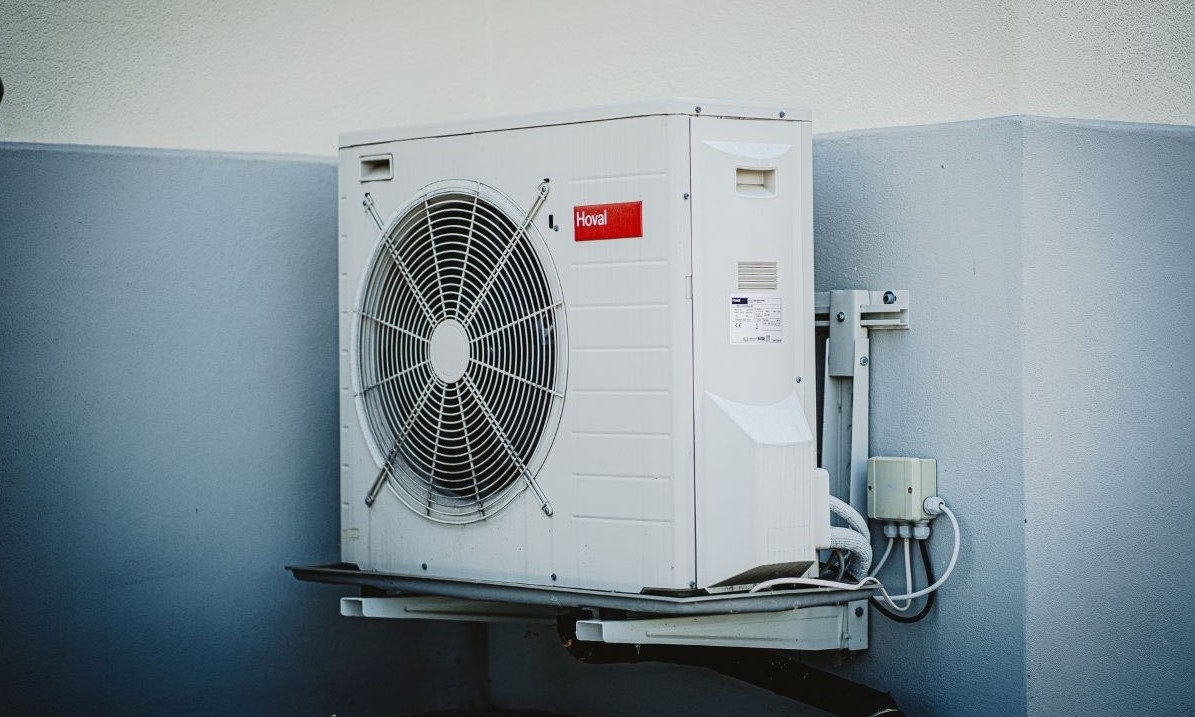
How often should you change filters in your air conditioner?
Take care of your AC system
Air conditioners quickly became indispensable helpers in our home, office, and apartments. But how often do you take care of your AC system? We always hope that this equipment will work forever and without breakdowns, but unfortunately, neglect of regular maintenance leads to unwanted equipment malfunctions.
Since air conditioning equipment is responsible for creating and maintaining temperature, humidity, cleanliness, and air velocity in closed rooms, one of its main elements is filters. Depending on the air conditioner’s price and the manufacturer, it can have one filter or combine several ones. However, any AC unit requires proper care, especially filter replacement. To take care of your device, just contact the professional HVAC specialist from https://thehvacservice.ca/ and schedule regular AC maintenance.
Why is it important to clean and change air conditioner filters
What happens if the filters have not been cleaned for a long time and become clogged? Well, neglect of replacement filters in an air conditioner can have negative consequences both for the equipment itself and for your health, more importantly.
We know that the air in some regions can be very polluted. During the AC system’s operation, dust in the room is absorbed and deposited on the heat exchanger. After that, the dust flows into the sump and settles there. In this active environment, various types of bacteria and microbes, fungi and viruses multiply, which can be dangerous to your health. Also, any filter has a certain threshold for the absorption of harmful substances. Having filled to the ground, it not only stops the absorption of these toxic substances but, on the contrary, throws them back into the room. This is especially true in cold weather when the AC is working to heat the room.
The higher the air conditioner’s degree of clogging, the lower the air passing speed through the indoor unit’s evaporator.
Also, a clogged filter may interrupt the operating mode of the cooling system. Then, the heat exchanger will be poorly blown, and the freon inside it will evaporate slowly, which can lead to the freezing of the tubes inside the device. After turning off the air conditioner, the frozen freon will begin to melt, and water will form, which will simply flow out of the indoor unit. Another problem that contaminated filters lead to is clogging of the drainage system.
A little more about filters
Before discussing filter cleaning, let's find out what types of AC filters exist in general, what they are for and how effective they are.
Coarse filters (pre-filters) are present in all air conditioners. They are designed to protect the “inside of the air conditioner” from dirt and dust. Coarse filters are a fine mesh, capable of capturing coarse dust, animal hair, poplar fluff, etc. particles larger than 2 microns. The filters are located directly under the front panel of the air conditioner. Coarse filters are mainly made of plastic, but there are exceptions. The service life of the coarse filters is usually unlimited. As they become dirty, they need to be cleaned. There are two ways to clean the air conditioner filters:
The first is to remove dirt with a vacuum cleaner. It is necessary to lift the front panel of the air conditioner and vacuum the filters.
The second is rinsing with water. To do this, you also need to open the air conditioner’s front panel, remove the filters, rinse them with warm water, dry them, and reinstall them.
Some manufacturers of air conditioners provide automatic cleaning. However, having this feature does not eliminate the need to schedule maintenance regularly.
All other filters in air conditioners are classified as fine filters. These filters capture particles smaller than 2 microns. Let's try to classify this group according to the principle of action.
- The carbon filter consists of activated carbon. Effectively eliminate unpleasant odours and neutralize harmful substances in the air. The shelf life of charcoal filters is 4-5 months.
- Zeolite filter. Zeolite is a very porous mineral that effectively absorbs molecules of harmful chemical compounds, including heavy metals, etc. Compared to the charcoal filter, the zeolite filter is more efficient. This filter restores its properties after washing with water. Zeolite filter can serve for five years.
- Plasma filters. Under the influence of voltage on the filter electrodes, a low-temperature plasma is formed, which interacts with fine dust grains and harmful substances, destroying their structure and giving them a negative charge. Particles of allergens: bacteria, pollen, spores, etc. that received a negative charge are deposited on a positively charged filter. This type of filter removes smoke and odours. The life of plasma filters is not limited.
- Like plasma filters, electrostatic filters use the attractive forces of negative charges. An electrostatic field is created in the filters, passing through which dust particles acquire an electrostatic charge and are attracted to oppositely charged plates. The term of operation is not limited.
- An ultraviolet filter is an ultraviolet light-emitting diode, under the influence of which the air in the room is disinfected: bacteria and viruses are destroyed. Ultraviolet light also prevents the growth of bacteria and mould in the indoor unit. It can be used both independently and as part of a photocatalytic filter.
- Photocatalytic filters are a porous substance coated with titanium dioxide. Pollutants passing through these filters are adsorbed on their surface. With the help of ultraviolet radiation, harmful substances on the filter are oxidized to carbon dioxide and water. Thus, harmful pollution and toxic substances (viruses, bacteria, mould and fungus spores, smoke, unpleasant odours and other toxic substances) decompose into simple, harmless components. Photocatalytic filters are equally effective against organic and inorganic contaminants. The lifespan of photocatalytic filters is unpredictable and limited only by the lifespan of the UV lamp.
- Antibacterial filters are used to neutralize microbes, bacteria, viruses and other pathogenic microorganisms. The active ingredient is natural ingredients: wasabi, catechin.
How often do I need to change AC filters?
The correct operation of climatic equipment assumes that the air in the system will circulate freely. If the air masses’ circulation is disrupted and the air conditioner loses power, the fine filters are most likely clogged.
HVAC experts recommend cleaning the air conditioner from dust and, if possible, change filters every six months. However, it depends on many factors, for example, your living area, frequency of use of the equipment etc.
Also, do not forget to schedule regular AC maintenance. A professional HVAC specialist will clean the filters from clogging and prevent the breakdown of the equipment.
Photo: Carlos Lindner, Unsplash









